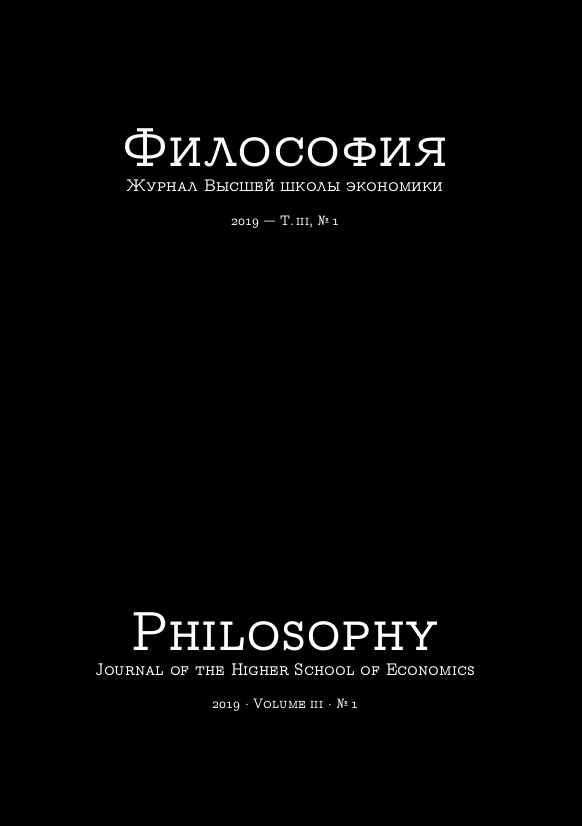The Visual Vocabulary in the Context of St. Basil’s Epistemology
the Case of the Hexaemeron
Abstract
This article examines some cases when Basil of Caesarea (329/30–379) uses vocabulary related to the vision in the epistemological context in his Hexaemeron. First, in connection to the proclamation of the vision as the best human sense we confirm the hypothesis that Philo’s of Alexandria text On the Creation of the Cosmos According to Moses influenced Basil’s Hexaemeron. Second, a special attention is given to the meaning of the word and philosophical concept of θεωρία (contemplation), the interpretation of which goes back to the Plato's and Aristotle's traditions. The author suggests to single out, on the one hand, a kind of contemplation which becomes a stage in the spiritual and philosophical trajectory of Moses. This fits into the tradition of philosophical and biographical texts of the late antiquity dedicated to Pythagoras, for example. On the other hand, there are also descriptions of contexts where the semantic of θεωρία changes taking an important place in the concept of natural theology, which forms the basis of Basil’s pedagogy in this text. Finally, the author points out those passages where one can see a Christian interpretation of selected places from the corpus of Plato (the Timaeus and the Republic) making use of words from the lexical field of the vision.






